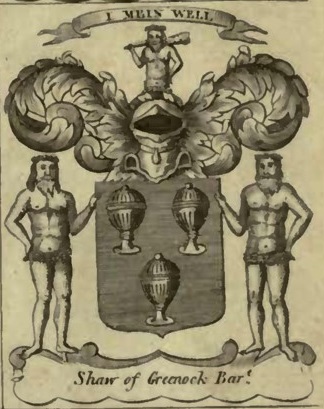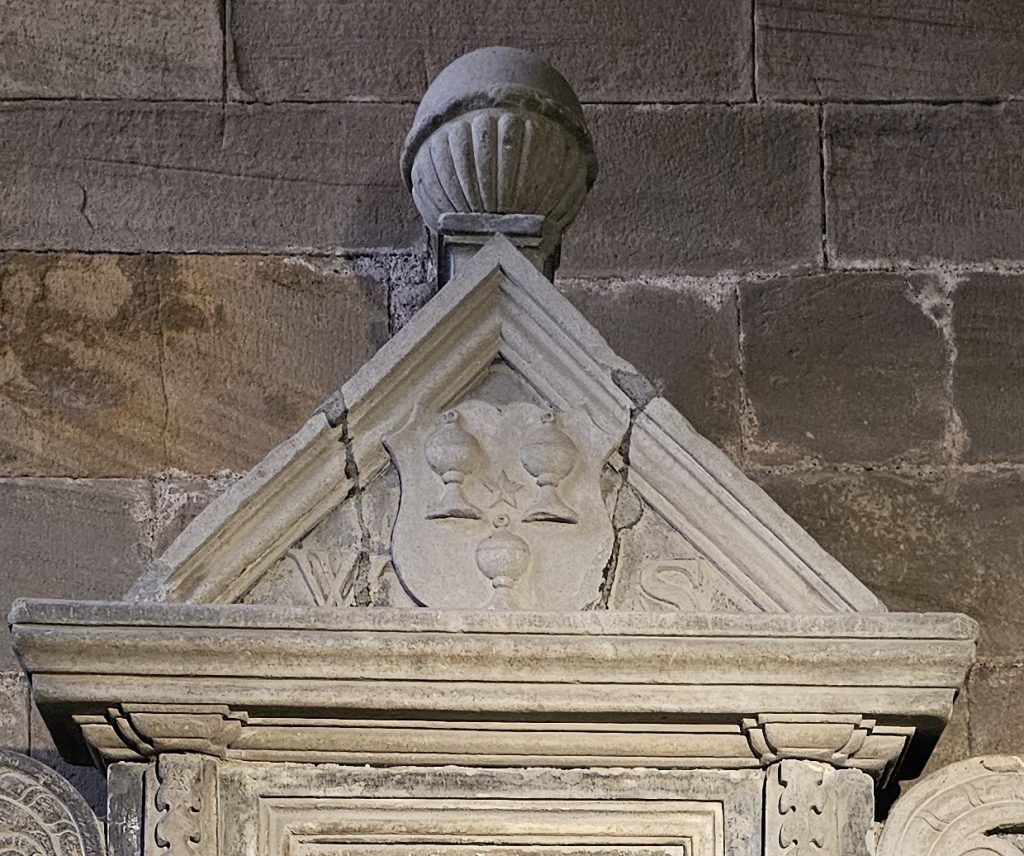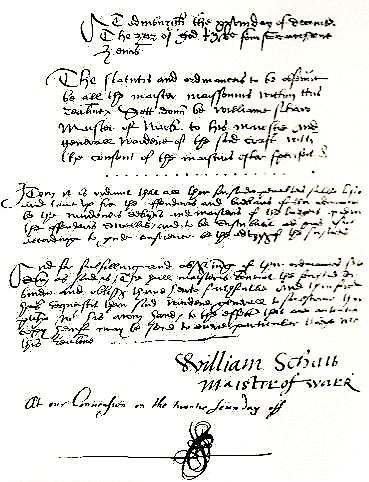William Schaw of Schawpark
(1549-1602)
second son of John Schaw of Broich, and grandson of Sir James Schaw of Sauchie.
Master of Work to the Scottish Crown
Warden-General of the Masons
author of the Schaw Statutes
Father of Freemasonry

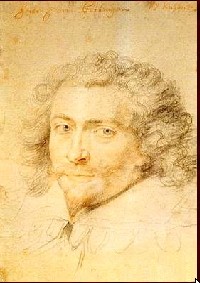
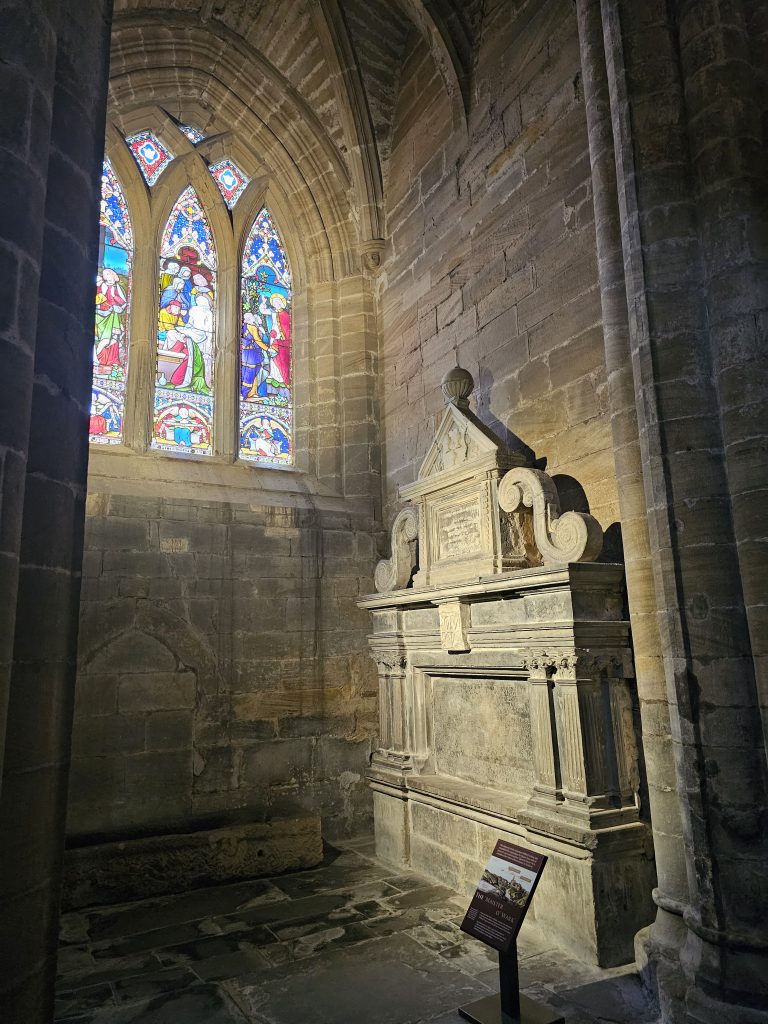
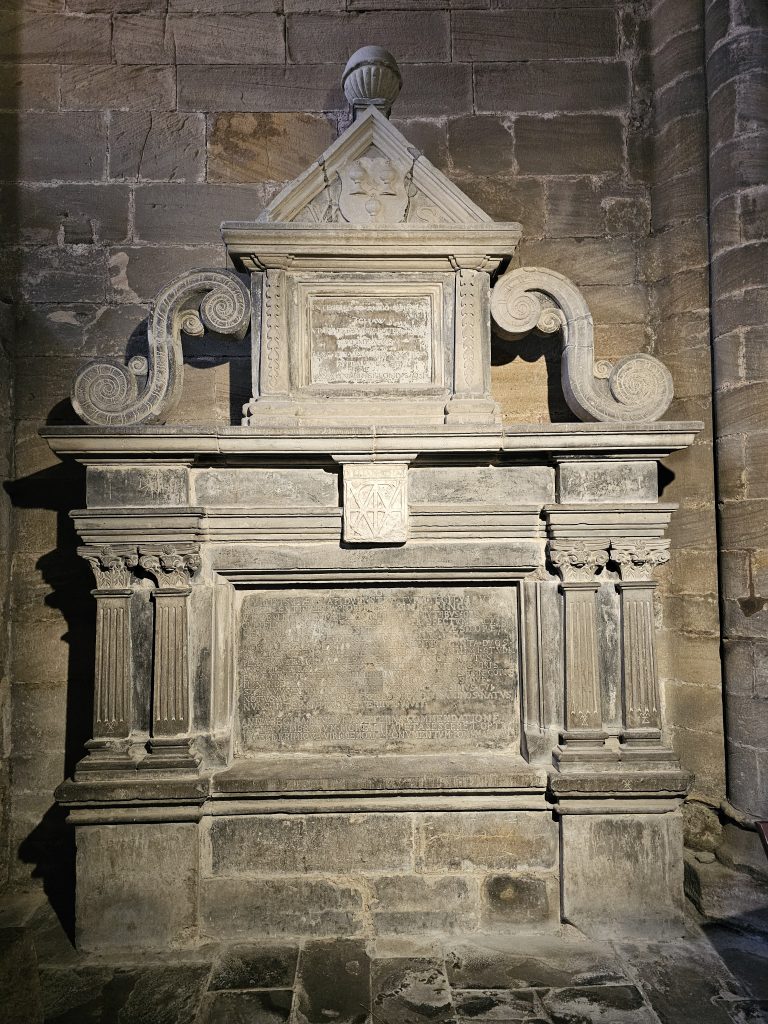
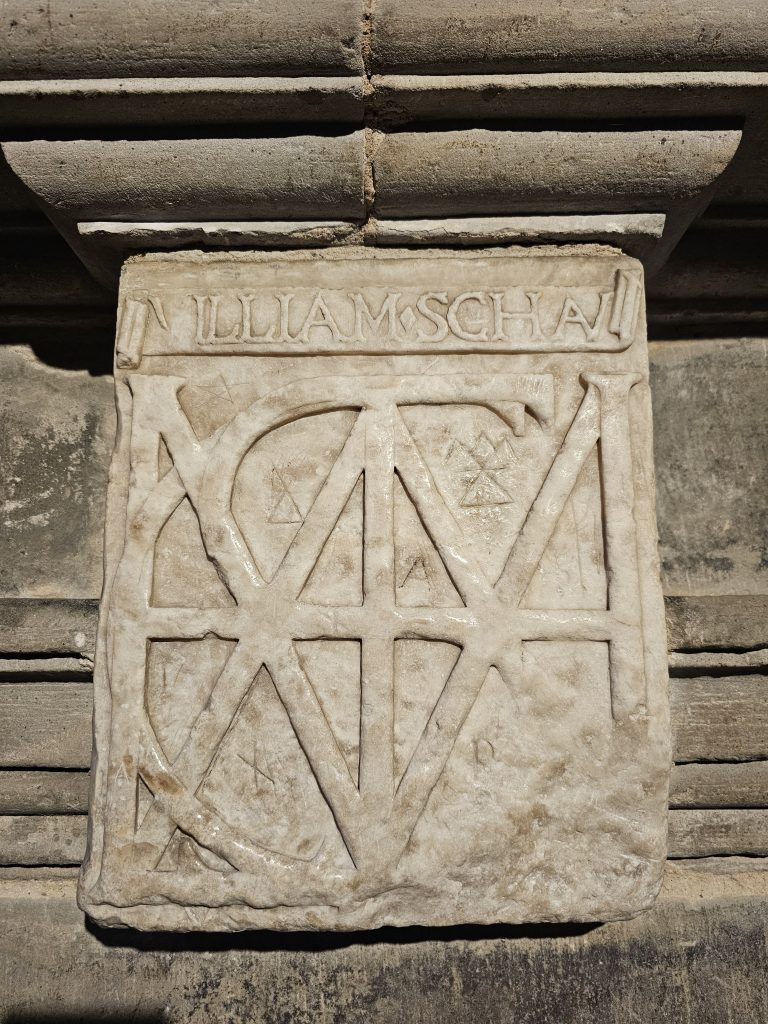
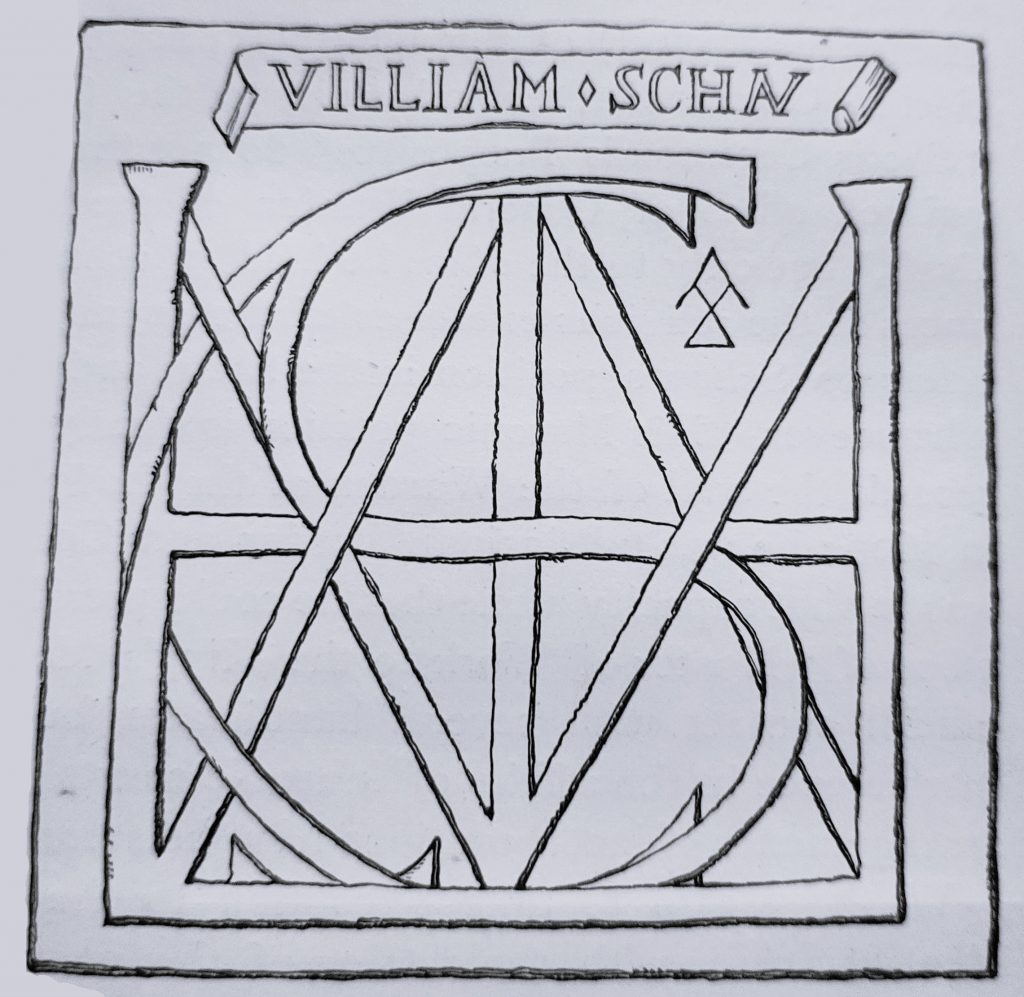
Masters of works to the crown of Scotland, from The Proceedings of the Society of Antiquaries of Scotland (SocAntScot.org)
William Schaw by Bro David McGregor. From The Master Mason.
William Schaw Master of Works. From The New Age.
William Schaw. From volume 50 of Ars Quatuor Coronatorum.
William Schaw “Father of Freemasonry” – by Scott J. Watson
Wikipedia – Master of Work to the Crown of Scotland
The Schaw Monument – Church Monuments Society
See also:
Highly recommended Scottish Masonic author: Robert L.D. Cooper (robertldcooper.org)
Cracking the Freemason’s Code: The Truth About Solomon’s Key and the Brotherhood, by Bro. Robert Cooper. https://www.amazon.co.uk/Cracking-Freemasons-Code-Solomons-Brotherhood/dp/1846040493/
1527–8 Ratification of Seal of Cause by James V (Appendix 3) – Building Early Modern Edinburgh
The Heraldry of the Shaw/Schaw family:
From - A System of Heraldry by Alexander Nisbet:
Volume 1, page 422.
The surname of SHAW, with us, carries also azure [blue], three covered cups or [gold].
These of this name, says Sir George Mackenzie, are descended of one Shaw, a second son of Duncan Earl of Fife, who took their father’s name for a surname, (if whom the principal family was SHAW of Sauchie, who carried as above.
John Shaw of Sauchie was Comptroller to King James III. ; the lands of Greenock belonged to Sauchie, which one of his progenitors purchased, by marrying one of the co-heirs of Galbraith of Greenock, in the reign of Robert III. Which lands continued in the family of Sauchie till the reign of King James V. that Alexander Shaw of Sauchie gave the lands of Greenock, in patrimony, to John Shaw his eldest son, by his second wife, Elizabeth, daughter of William Cunningham of Glengarnock. The family of Sauchie, through failure of succession, fell into Greenock, who is now lineal representer, and chief of the name.
Sir JOHN SHAW of Greenock, Baronet, azure [blue], three covered cups or [gold]; supporters, two savages wreathed about the middle with laurel, proper ; crest, a demi-savage : motto, I mean well.
SHAW of Bargaran, in Renfrewshire, azure [blue], a fesse cheque, argent [silver] and gules [red], between three covered cups or [gold].
JOHN SHAW of Sornbeg, azure [blue], three mullets in fesse, between as many covered cups argent [silver]. N. R.
